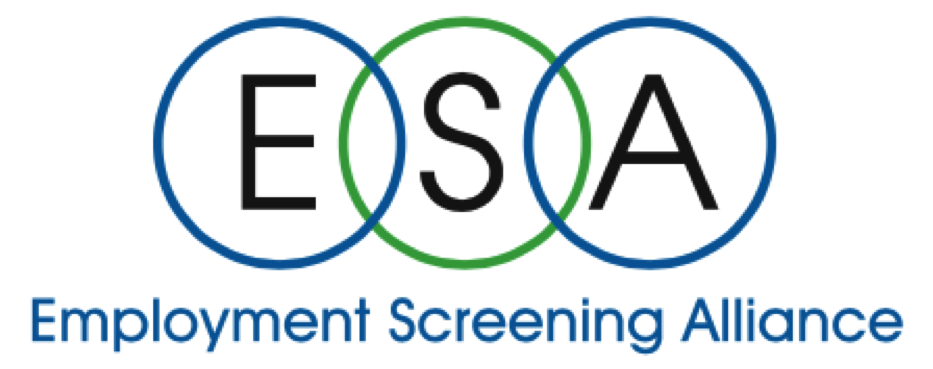Employment Screening | 5 Hiring Manager Interviewer Fails
Employment Screening | Your recruiter has scoured scores of resumes to find the perfect candidate, phone screened and met in person the best of the lot, and now all that’s left is to bring the most qualified job seekers in for an interview with you, the hiring manager.
You can almost see the finish line and look forward to learning exactly how the candidate will contribute to your company’s success.
And here’s where things can go south.
Take it from seasoned recruiters: Hiring Managers can turn off an in-demand job candidate with even the slightest negatively-perceived detail and possibly lose a superstar.
These recruiters recommend conducting every interview with all possible professionalism and good manners and avoid five potential pitfalls.
Mess up one or more and candidates can easily damage your employment brand by simplysharing their negative experience about your interview process through their social networks.
Just as you know how to pick up on verbal and visual cues from your candidates’ demeanor during an interview, they too can read your attitude – which may affect what they tell their peers about your company and whether or not they accept your job offer.
Here are five tips to provide your hiring managers to help keep a great candidate enthusiastic about joining your company:
1. Pay attention
If you act disinterested during an interview, it’s going to show.
Your eyes may wander.
You may gaze out the window or at a photo on your desk.
That reflects poorly on you and the company.
The candidate might remember a lack of interest.
So pay attention to everything they say and be engaged in the interview.
Nod your head, smile, or do whatever it takes to let them know they’ve got your attention and that you’re actively listening.
2. Be aware of your body language
You certainly know a lot about a candidate by how they sit, look you in the eye, cross or uncross their arms and legs.
Consider how your posture or gestures may reveal lots to the candidate across the desk.
Try to avoid crossing your arms, fidgeting, playing with a pen, leaning far back in your chair, and showing other physical “tells” that indicate you’re not interested in the candidate.
3. Smile
Granted, an interview isn’t happy hour or an evening at the local comedy store.
But looking dour when greeting the candidate at reception, throughout the interview, and when you bid the candidate farewell, can be a real turn-off.
Even if the candidate attempts a bit of humor and it falls flat, a polite smile can go a long way.
So now and then, show them your pearly whites.
4. Don’t dwell only on his or her resume
An interview is the chance to not only dig deeper and gather context for the achievements the candidate has provided, but an opportunity to get to know the candidate as a person.
So in addition to asking about what he or she has done in the past, have some probing questions ready that get the interviewee to think well beyond the “tell me about yourself” questions (that they probably already found a stock answer for).
Be familiar with their employment screening before you sit down with them, so you don’t spend this valuable time poring over their resume as if you’re seeing it for the first time.
5. Maintain eye contact and shake hands like you mean it
This is another one that works both ways.
You may not feel comfortable with a job candidate who spends most of the interview staring at the ceiling as if all the answers were up there.
And if your eyes wander, the candidate will notice as well.
Always look the candidate in the eye when you welcome him or her into your office or conference room, and – without staring and probably scaring the candidate – return their gaze politely as they speak, and when they leave.
A firm but not knuckle-crushing or, conversely, dead fish handshake will likewise be appreciated and speak to your professionalism and interest.
According to the ever authoritative Wikipedia, “A tell in poker is a change in a player’s behavior or demeanor that is claimed by some to give clues to that player’s assessment of their hand.
A player gains an advantage if they observe and understand the meaning of another player’s tell, particularly if the tell is unconscious and reliable.”
For your hiring managers, they might not even be aware of their “tells” and it may be beneficial to realize that all those little things they do while conducting an interview may reveal to the candidate – for whom this hour may be the most important time in their career – just how engaged or how distant you are. -HireRight

